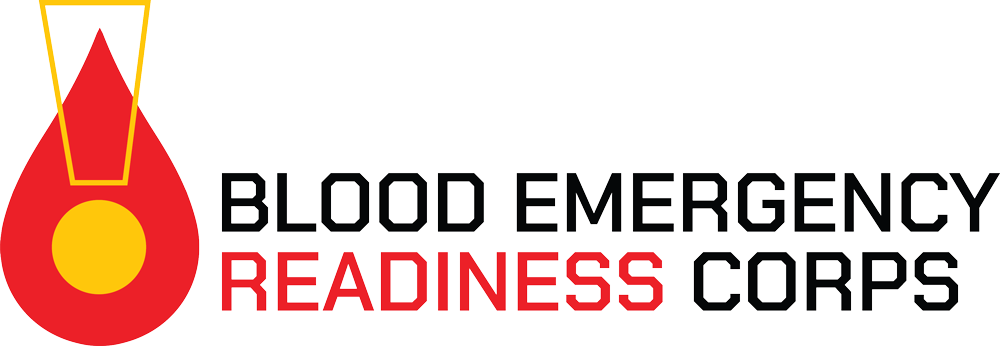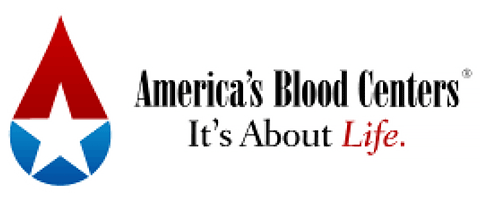
The Blood Emergency Readiness Corps (BERC) is composed of more than 30 blood centers from across the nation that have committed to collecting extra blood units on a rotating, “on-call” schedule. The extra blood products will be held in reserve for any critical-need scenario, like a mass shooting or natural disaster. When an emergency hits, blood is released to the local blood center in immediate need. All participating blood centers will know exactly how much emergency blood is available and who the supplier is, providing immediate access to needed blood products during a mass transfusion disaster.

AABB is an international association of blood banks, including hospital and community blood centers, transfusion and transplantation services and individuals involved in activities related to transfusion and transplantation medicine. AABB supports high standards of medical, technical and administrative performance, scientific investigation, clinical application and education. It is dedicated to encouraging the voluntary donation of blood and other tissues and organs through education, public information and research.

The Centers for Medicare & Medicaid Services (CMS) regulates all laboratory testing (except research) performed on humans in the U.S. through the Clinical Laboratory Improvement Amendments (CLIA). The objective of the CLIA program is to ensure quality laboratory testing. In total, CLIA covers approximately 254,000 laboratory entities.

America’s Blood Centers (ABC) is a North American-based network of community blood centers that collectively operate more than 600 fixed-site donor centers and supply more than 3,500 hospitals and medical facilities with the gift of blood. ABC members subscribe to a community-based blood banking philosophy; donors know their gift stays in the community to help loved ones, friends, neighbors and colleagues. In times of local emergency or severe regional needs that strain supply, fellow ABC members collaborate to assist fellow members in need.
